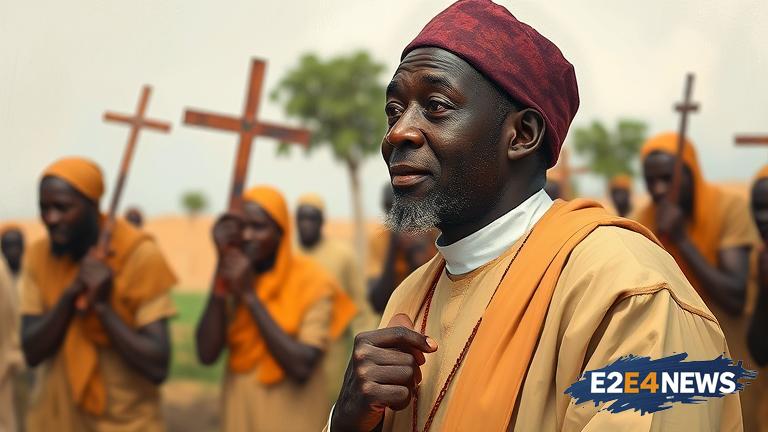A Nigerian priest, who had previously served in Alaska, was recently released by the terrorist organization Boko Haram. The priest, whose name has not been disclosed, was kidnapped by the group and held captive for an unknown period. The Fairbanks Diocese in Alaska announced the priest’s release, stating that they were overjoyed by the news. The priest had served in various parishes in Alaska before returning to Nigeria. Boko Haram, a militant Islamist group, has been responsible for numerous kidnappings and attacks in Nigeria and surrounding countries. The group’s actions have led to widespread violence and instability in the region. The priest’s kidnapping was a cause for concern among the Catholic community in Alaska, with many praying for his safe release. The Fairbanks Diocese had been in close contact with the priest’s family and the Nigerian government, working towards his release. The circumstances surrounding the priest’s release are not entirely clear, but it is believed that negotiations between the Nigerian government and Boko Haram played a role. The priest’s release is a welcome relief to the Catholic community, both in Alaska and Nigeria. The incident highlights the ongoing struggles with terrorism and violence in Nigeria, and the need for continued support and prayer for those affected. The priest’s experience is a testament to the risks faced by clergy and religious workers in conflict zones. The Fairbanks Diocese has expressed gratitude for the priest’s release, and is providing support to him as he recovers from his ordeal. The incident has also raised awareness about the importance of interfaith dialogue and cooperation in promoting peace and stability. The Catholic Church has been actively engaged in efforts to promote peace and reconciliation in Nigeria, and the priest’s release is seen as a positive step towards this goal. The priest’s story is a reminder of the power of faith and resilience in the face of adversity, and the importance of continued prayer and support for those affected by conflict and violence.
